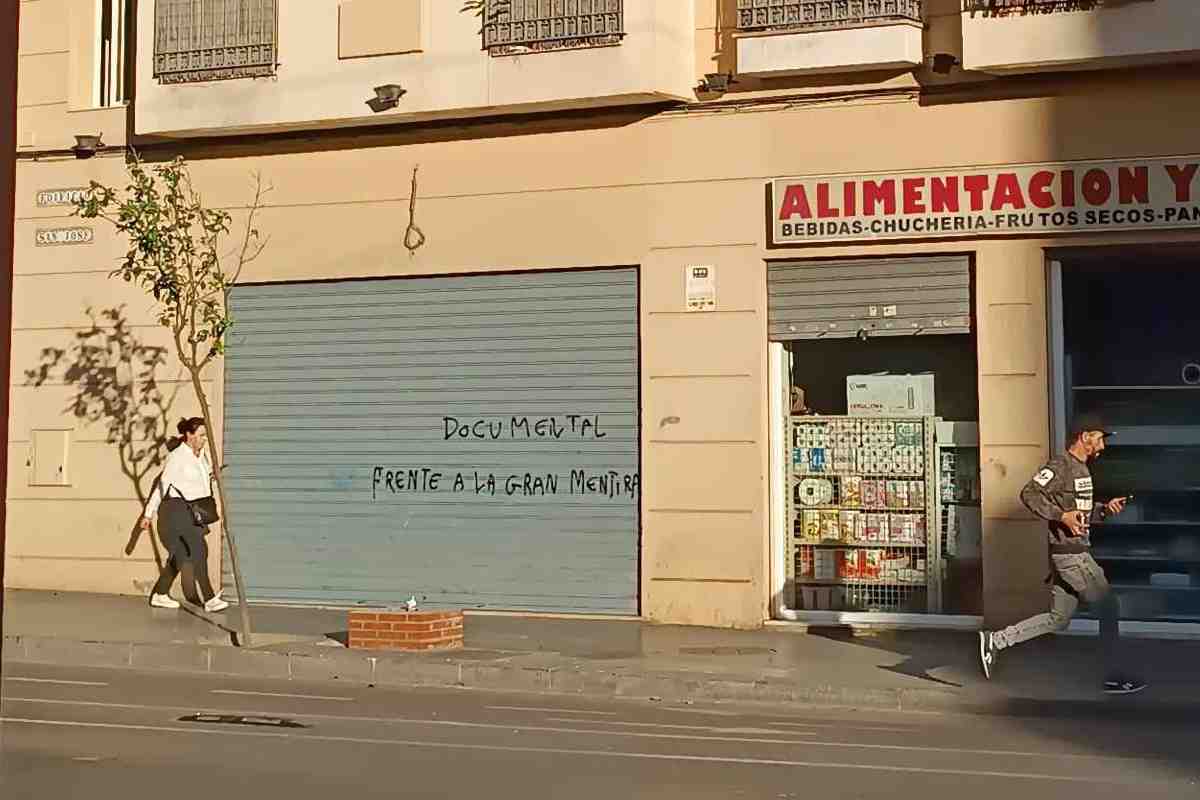
On May 10, the documentary feature film “Frente a la gran mentira” (Facing the Big Lie) was released, directed, financed, and produced by Atanasio Noriega, President of the MCRC. This documentary aims to shed light on the profound ideas of Antonio García-Trevijano Forte, a distinguished Spanish jurist and political thinker whose contributions have been largely overlooked in academic and teaching circles in Spain.
A Revolutionary Thinker
Antonio García-Trevijano Forte is often compared to historical figures like Niccolò Machiavelli, Thomas Hobbes, and Montesquieu for his deep understanding of political theory, philosophy, and aesthetics. Despite his significant contributions, his work has remained in the shadows, unrecognized by mainstream academia. “Frente a la gran mentira” seeks to change this by presenting his ideas and public actions in a compelling and accessible format.
The Documentary’s Core
Spanning nearly two hours, the documentary delves into a series of issues that have been unknown to the majority of people, promising to revolutionize thought and knowledge on an international scale. It critiques the political regime in Spain and Europe, highlighting the censorship and ostracism faced by García-Trevijano. The film argues that Spain’s transition from Franco’s dictatorship to a monarchy was a facade, maintaining the same power structures and preventing true democracy. It emphasizes the role of consensus in stifling political freedom and thought, portraying the current political system as an oligarchy rather than a democracy.
A Unique Discovery
One of the most fascinating aspects of this documentary is the way it was discovered. Imagine walking down a street and coming across a graffiti on a wall that doubles as a hyperlink. This graffiti guided viewers to a YouTube link where they could watch the documentary. This innovative approach not only captures the essence of the documentary’s rebellious spirit but also highlights the creative ways in which information can be disseminated in the digital age.
Historical Context
The documentary also explores significant historical events in Spain, such as the so-called “Spanish transition” and the coup d’état of 23F in 1981. These events are used to explain complex political concepts in an accessible manner, making the documentary a valuable resource for anyone interested in understanding the intricacies of political science.
A Call for Fundamental Freedom
“Frente a la gran mentira” is more than just a documentary; it is an apology for anthropological freedom and fundamental liberty, distancing itself from any utopian considerations of the term. It challenges viewers to question their beliefs and the established norms, offering a fresh perspective on political thought and action.
“Frente a la gran mentira” is a must-watch for anyone interested in political theory, history, and the quest for true democracy. Its unique discovery through a graffiti hyperlink adds an element of intrigue and underscores the importance of innovative approaches in spreading knowledge. As viewers delve into the documentary, they are invited to reconsider everything they thought they knew about politics and freedom.
